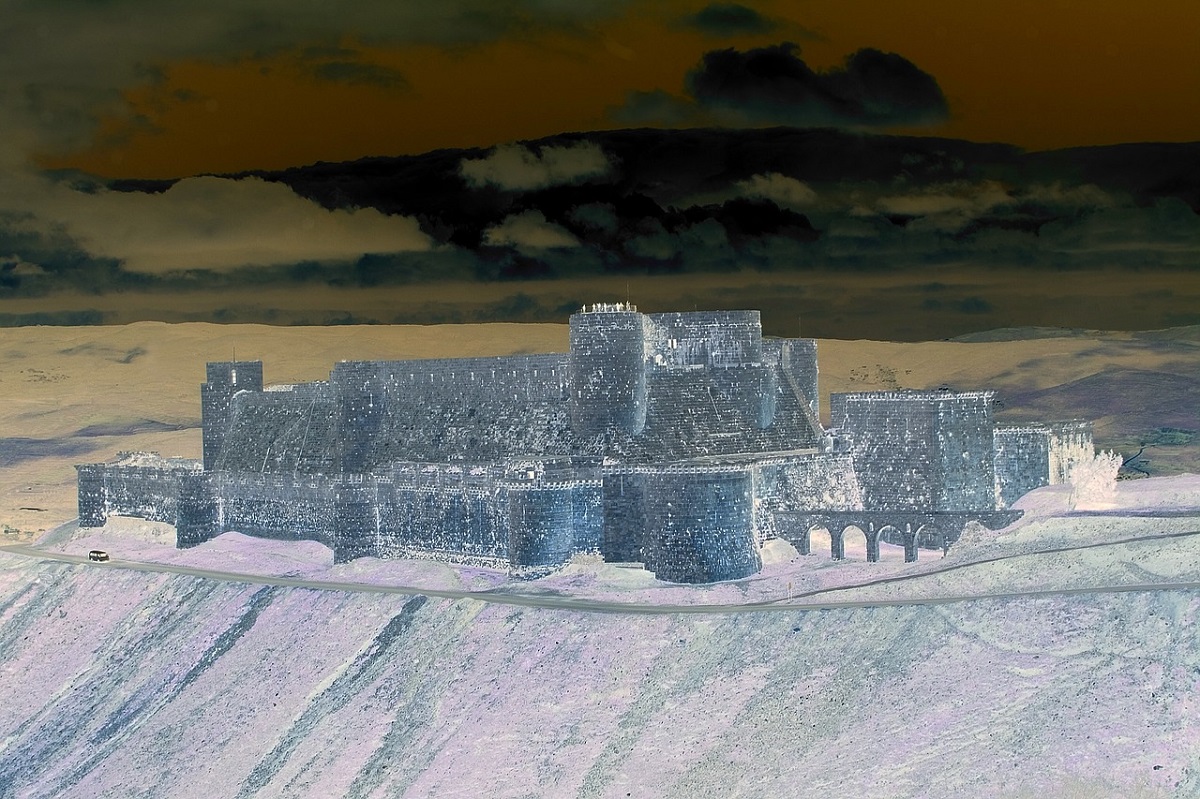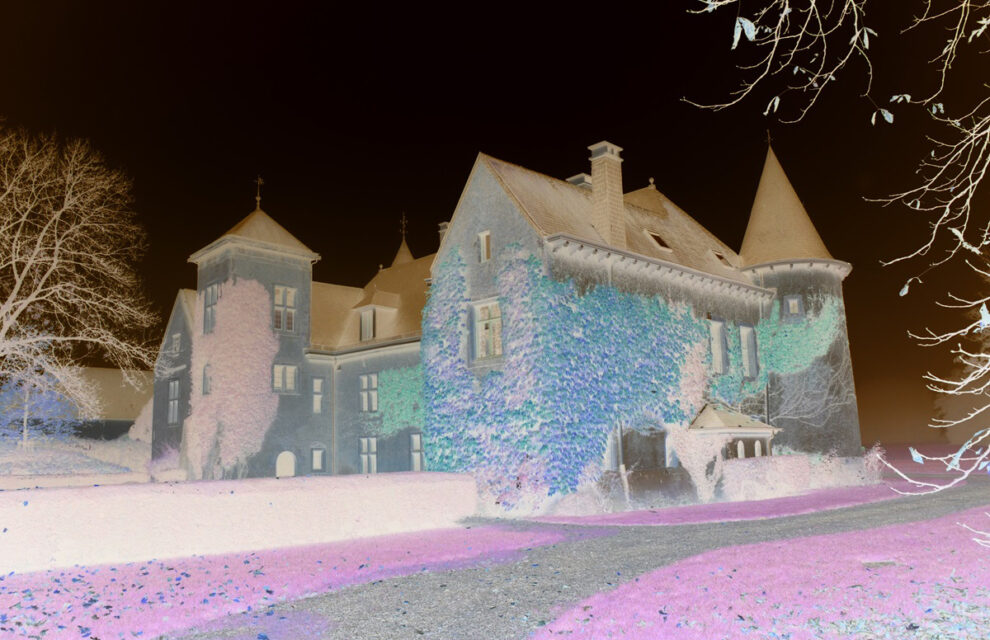I occasionally come across people who crave to invent stories about themselves. How exhilarating for them, but how disturbing for other people. What if the delusions they offer up, or foist on other people, have nothing to do with the reality everyone else can perceive? What if they see something black, where other people see something white?
I met a person like this recently. Of all the things he told me, the wildest was about having supposedly organized a coup d’État in an African country with Cuban soldiers, forcing a dictator out of his palace in nothing but his underpants. Talk about wild thoughts! In actual fact, the president was never overthrown; more than $10 billion of the country’s wealth was transferred to the president’s son and daughter; and the president remained in power for 26 years after the Cuban soldiers left the country.

Dreams sometimes make us laugh or cry; they sometimes foreshadow events; they tap into our deepest unspoken anxieties and desires.
I wonder about the distinction between dreams and delusional memories. Having spent years studying Hitchcock movies, I have long found altered states and delusions interesting. Hitchcock in particular examines the shadow line between waking states and dreams: for example, Rebecca De Winter (played by Joan Fontaine) and her dark Gothic dreams of Manderley in Rebecca; the stunning surrealist dream scenes designed by Salvador Dalí in Spellbound; and the paralyzing nightmares of Scottie Ferguson (played by James Stewart) in Vertigo.

But we are not responsible for dreams while we sleep!
What of waking dreams, of delusions when we are apparently fully conscious? Surely, we should be able to perceive and remember properly? But then how do we communicate that? Words themselves are arbitrary constructions, which we use to capture memories. And words often fall short, as I know only too well, passing continuously from English to French and back again. Besides, it’s not just what we say that matters, but how we say it.
I used to believe delusions were circumstantial, based on what people ate or drank or smoked. Then my work exposed me to new behaviours in some of the 15,000 people I interviewed, and many other people besides. Behaviours such as manipulation, sleight of hand and self-aggrandizement. Some of the people I interviewed and met were simply talking to themselves. My role was to sit there, barely present, in an attitude of self-effacement, a witness to their self-delusion.
There is a big difference between delusional memories (resembling unconscious dream states, when one is subject to delusions) and fabulists who consciously invent elaborate stories in their waking hours (and who submit others to delusions).
The castle metaphor reminds me of a rigid personality, in an isolated, defensive position. But that only refers to the self-deluded person standing alone, in alienation.
What is the best metaphor for the action, and sometimes the vehement action of recreating oneself in the epic mode, and subjecting others to delusions?
Having by now carefully observed a number of fabulists, I see their delusional memories as a structural necessity, like building up a heroic self-image on the crest of a monster wave, a place where the fabulist gets into an ego-frenzy, towering over other people, and finally wins at something.


